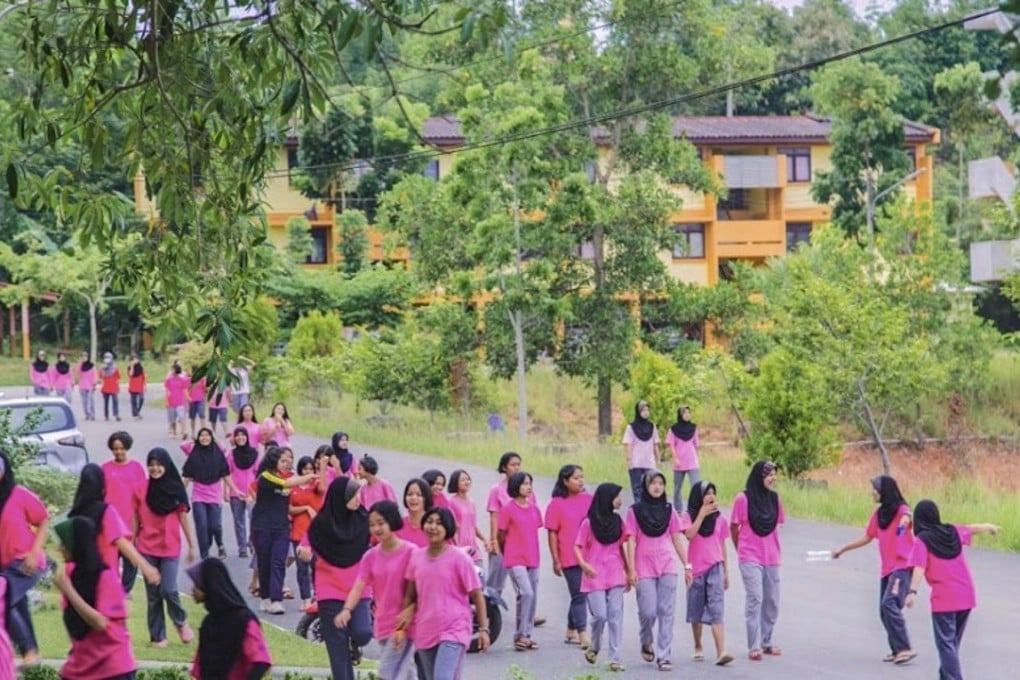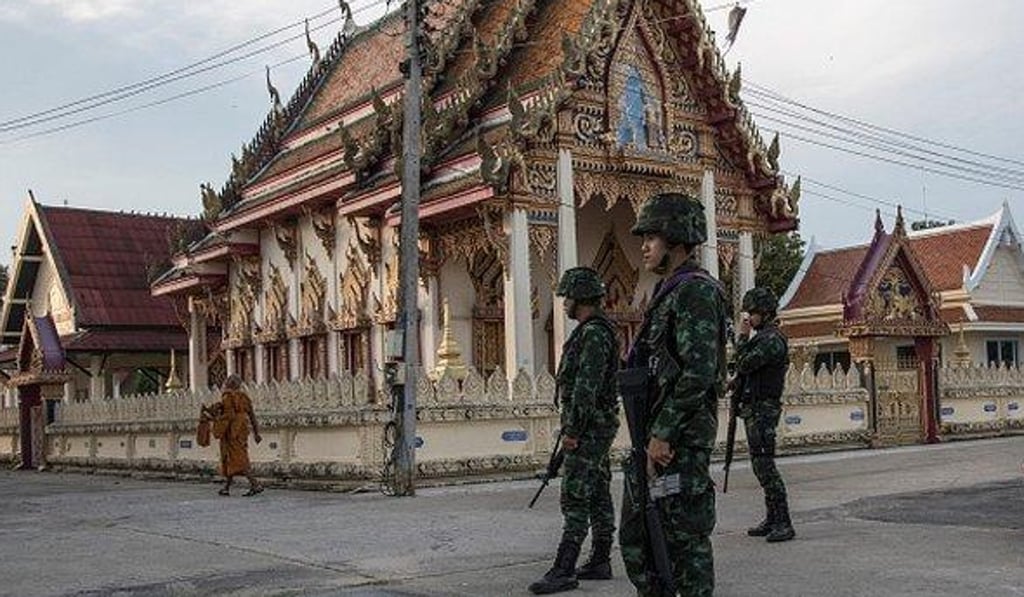Ceritalah | ‘If Muslims can speak Thai, why can’t Thais speak Malay?’
- Language, religion and culture are incendiary issues in Thailand’s Muslim South. But for this Malay teacher, language transcends belief

How do you teach when there is violence all around you? How do you bring hope, discipline and order into young people’s lives – high school students, in this case?
Thirty-four-year-old Che Ruhanee Asma-ae is a Bahasa Melayu (Malay) teacher in Thailand’s troubled southern Yala Province, at Srinagarindra the Princess Mother School. Born in the neighbouring province of Pattani, Cikgu (teacher) Che, as she is known by her students, has a calm but determined demeanour.
“Language is who we are. Language is not a religion: it transcends beliefs and that’s the beauty of it. Even a Buddhist can speak Malay, there is nothing wrong with that. So if the Muslims can speak Thai, others can speak Malay, no?”
In marked contrast to the predominantly Buddhist and Thai-speaking centre, the kingdom’s three southernmost provinces (Yala, Pattani and Narathiwat) are all majority Malay and Muslim. They have also been ravaged by Southeast Asia’s longest-running insurgency – it started in the early 1960s – sparked off by insensitive and harshly applied assimilation policies emanating from the capital, Bangkok.

As Myanmar, the Philippines and other Asean nations continue to grapple with minority rights, it is important to learn from Thailand’s complex and often bitter experience. Language, religion and culture are prickly issues at the best of times. Here in the Muslim south, they have been incendiary.

